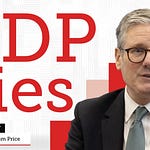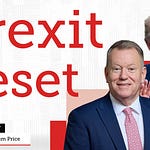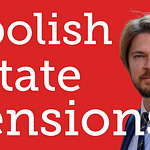In this IEA Briefing, Callum Price, Director of Communications at the Institute of Economic Affairs, discusses the new publication "Parallel Universe: How Ending Parallel Import Restrictions Benefits Consumers" with co-author Martin Howe KC, a leading intellectual property barrister. The paper, authored by Howe and Matthew Lesh, examines how parallel import restrictions - a complex trade issue inherited from EU law - prevent retailers from importing genuine branded goods from countries outside the EU, even when those products are significantly cheaper. Howe illustrates this with examples like Tesco being blocked from selling genuine Levi's jeans they bought more cheaply in North America.
Despite leaving the EU, the UK maintains these import restrictions in an inconsistent way - allowing parallel imports from EU countries but not from nations like the US, Canada, or Australia. Howe argues this makes no economic sense and primarily benefits multinational companies while forcing UK consumers and public services to pay higher prices. He notes that when parallel imports were allowed within the EU single market, the NHS saved over £800 million on pharmaceuticals over five years.
Howe suggests that while some specific restrictions might make sense (like for pharmaceuticals sold cheaply to developing countries), most parallel import restrictions should be abolished. He dismisses common arguments against removal, including concerns about quality standards and humorously notes British publishers' worries about American cookbooks with imperial measurements confusing UK consumers. The discussion provides a clear look at how removing these trade barriers could lower prices for British consumers without spending public money.













